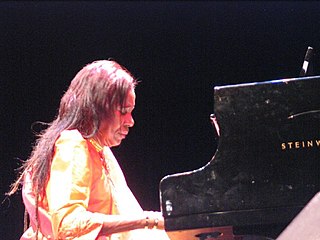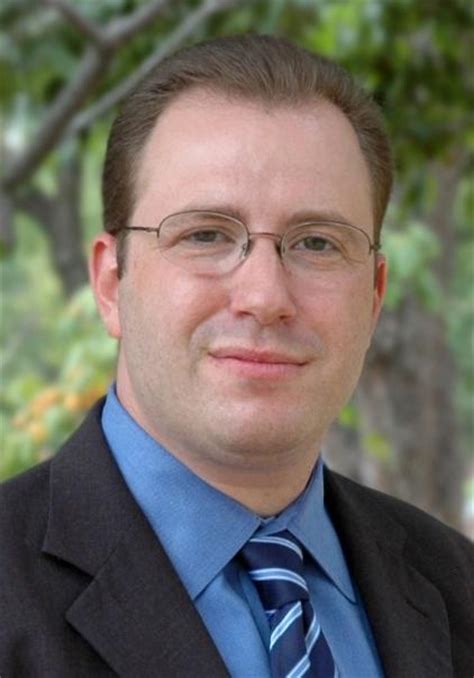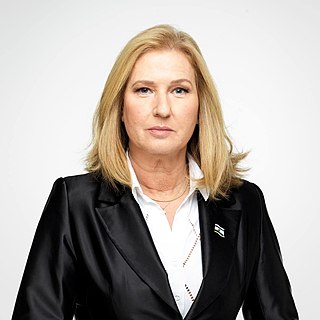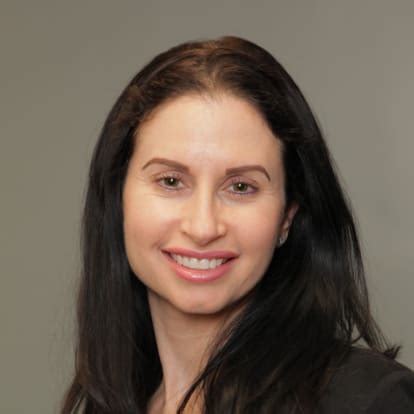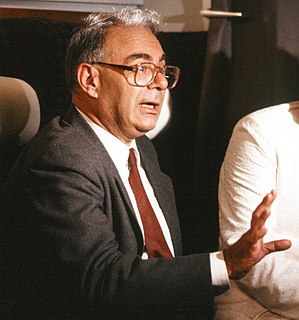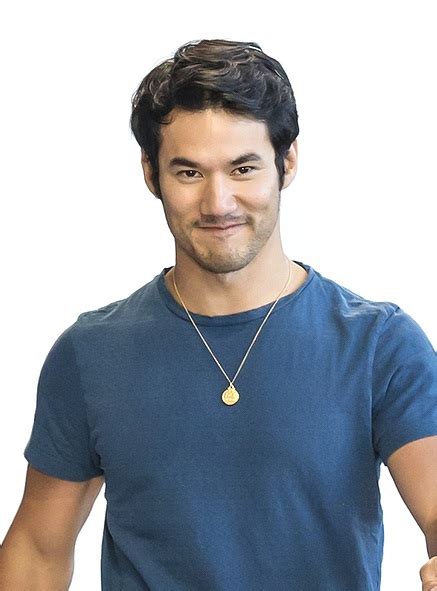A Quote by Evo Morales
I don't accept armed struggle. Maybe it was the way in the '50s and '60s, but we want a democratic revolution.
Quote Topics
Related Quotes
Revolution is only truly revolution if it is a continuous struggle-not just an external struggle against an enemy, but an inner struggle, fighting and subduing all negative aspects which hinder or do damage to the course of the revolution. In this light, revolution is ... a mighty symphony of victory over the enemy and over oneself.
We don't want to impose our solutions by force, we want to create a democratic space. We don't see armed struggle in the classic sense of previous guerrilla wars, that is as the only way and the only all-powerful truth around which everything is organized. In a war, the decisive thing is not the military confrontation but the politics at stake in the confrontation. We didn't go to war to kill or be killed. We went to war in order to be heard.
Without armed struggle neither the proletariat, nor the people, nor the Communist Party would have any standing at all in China and it would be impossible for the revolution to triumph. In these years [the eighteen years since the founding of the Party] the development, consolidation and bolshevization of our Party have proceeded in the midst of revolutionary wars; without armed struggle the Communist Party would assuredly not be what it is today. Comrades throughout the Party must never forget this experience for which we have paid in blood.
Radical groups can become legitimate political players in the democratic process if they accept core democratic principles and abandon the use of force as a political tool. Or they can maintain armed terrorist militias in order to threaten their neighbors and intimidate their people. The international community should not allow them to do both.
Taken as a whole, the Chinese revolutionary movement led by the Communist Party embraces the two stages, i.e., the democratic and the socialist revolutions, which are two essentially different revolutionary processes, and the second process can be carried through only after the first has been completed. The democratic revolution is the necessary preparation for the socialist revolution, and the socialist revolution is the inevitable sequel to the democratic revolution. The ultimate aim for which all communists strive is to bring about a socialist and communist society.


